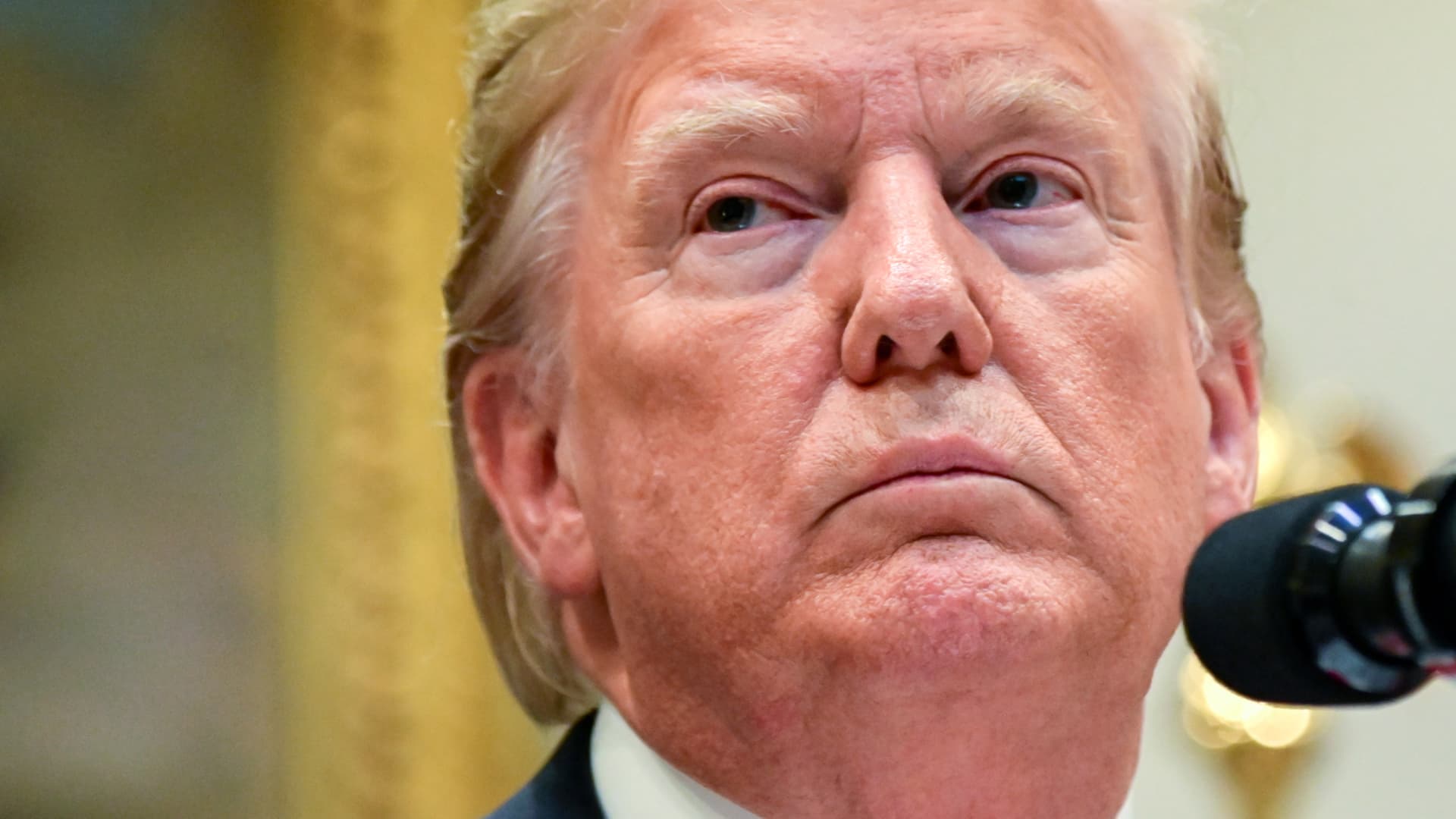Trump urges appeals court to reject DOJ bid to review classified Mar-a-Lago documents

Lawyers for Donald Trump urged a federal appeals court Tuesday to reject a Department of Justice bid to resume its review of documents marked classified that were seized from the former president’s Florida home last month as part of a criminal investigation.
The filing in the U.S. Court of Appeals for the 11th Circuit came hours before attorneys for Trump and the DOJ were set to appear in federal court in Brooklyn, New York, to speak with the special master who was appointed to examine the records seized from Mar-a-Lago, the ex-president’s Palm Beach resort home.
That independent third party, U.S. District Judge Raymond Dearie, was selected last week by Trump appointee Judge Aileen Cannon to review the materials to identify personal records and information that could be protected by various legal privileges. The DOJ opposed the appointment of a special master, arguing in part that it was unnecessary.
Dearie called attorneys for Trump and the DOJ to the Brooklyn federal courthouse on Tuesday at 2 p.m. ET for a preliminary conference. Trump’s lawyers in a Monday night filing told Dearie that they do not want to disclose to him which documents may or may not have been declassified by the former president.
In authorizing the special master earlier this month, Cannon temporarily stopped the DOJ from reviewing or using the seized material for the investigation.
The DOJ appealed, asking the 11th Circuit to lift the part of Cannon’s order barring the use of government records bearing classification markings and requiring the government to disclose those records to the special master.
Cannon’s orders “are a sensible preliminary step toward restoring order from chaos, and this Court should therefore deny the Government’s Motion,” Trump’s lawyers wrote in a court filing Tuesday responding to the DOJ’s request.
The FBI raided Mar-a-Lago on Aug. 8, seeking materials showing violations of laws against obstruction of justice and the removal of official records, as well as the U.S. Espionage Act.
The federal agents seized more than 100 documents with classified markings in that raid, the DOJ later revealed. Court documents also revealed that the FBI found four dozen empty folders marked “CLASSIFIED” during the raid. More than 10,000 U.S. government documents and photographs without classification markings were also seized.
Trump and his allies have argued in interviews and on social media that he declassified all the government records that were retrieved from Mar-a-Lago.
Trump’s attorneys did not echo that claim in Tuesday’s court filing. They argued instead that the DOJ has not proven that the documents are classified, and asserted that a president “has absolute authority to declassify any information.”
In a footnote, Trump’s lawyers added, “The fact the documents contain classification markings does not necessarily negate privilege claims.” They pointed to the fact that, according to the probable cause affidavit used to obtain the Mar-a-Lago search warrant, some documents with classified markings also include Trump’s handwritten notes.
“Those notes could certainly contain privileged information,” Trump’s lawyers wrote.




